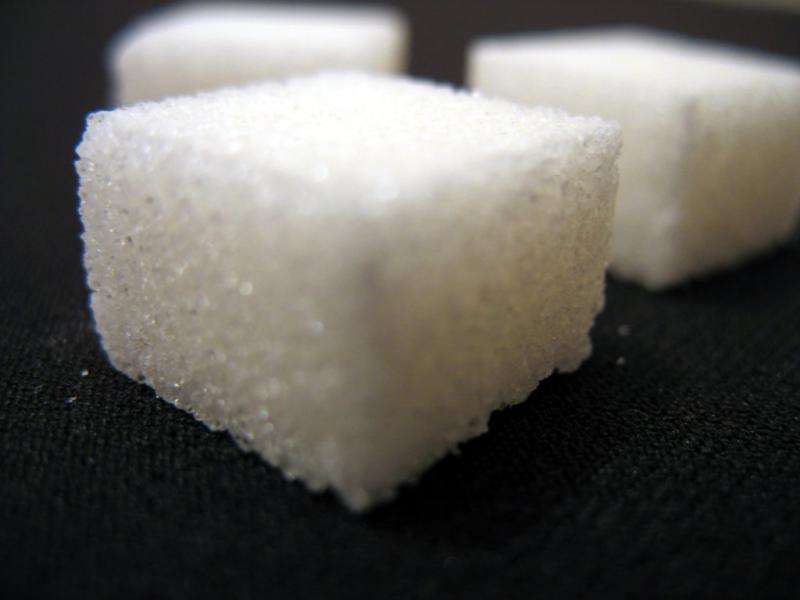Highly sensitive biosensor for measuring glucose in saliva

A new ultra-sensitive transistor-based biosensor developed by researchers at The Hong Kong Polytechnic University can measure the level of glucose in saliva. Fabricated by using a glucose oxidase nzyme layer, the biosensor is sensitive only to glucose. It simply measures the glucose level by detecting the electric current in saliva, which reflects glucose level in human body.
Comparing to conventional blood-glucose measuring device, this biosensor can detect glucose level as low as 10-5mmol/L. That is a thousand times more sensitive than conventional measurement. Apart from being inexpensive to manufacture, the biosensor can be fabricated with flexible substrates to apply on curved and moving surfaces, including human skin and such wearable electronics as smart textiles and medical bandages.
Special Features and Advantages
- A high-performance flexible glucose biosensor, which is sensitive to specifically detect trace amount of glucose level in human saliva
- Highly accurate and low in cost
- Demonstrate a good linear response in a wide glucose level range (approximately 10-5 mmol/L to 10 mmol/L , i.e. from 5 g to 140 Kg glucose in a standard swimming pool)
- Can be adhered to a variety of curved and moving substrates
Applications
- Portable non-invasive glucose level meter for home use
- Based on the same gate electrodemodification techniques, several other important biosensors can be developed using this transistor platform, including uric acid sensor & cholesterol sensor
Provided by Hong Kong Polytechnic University



















